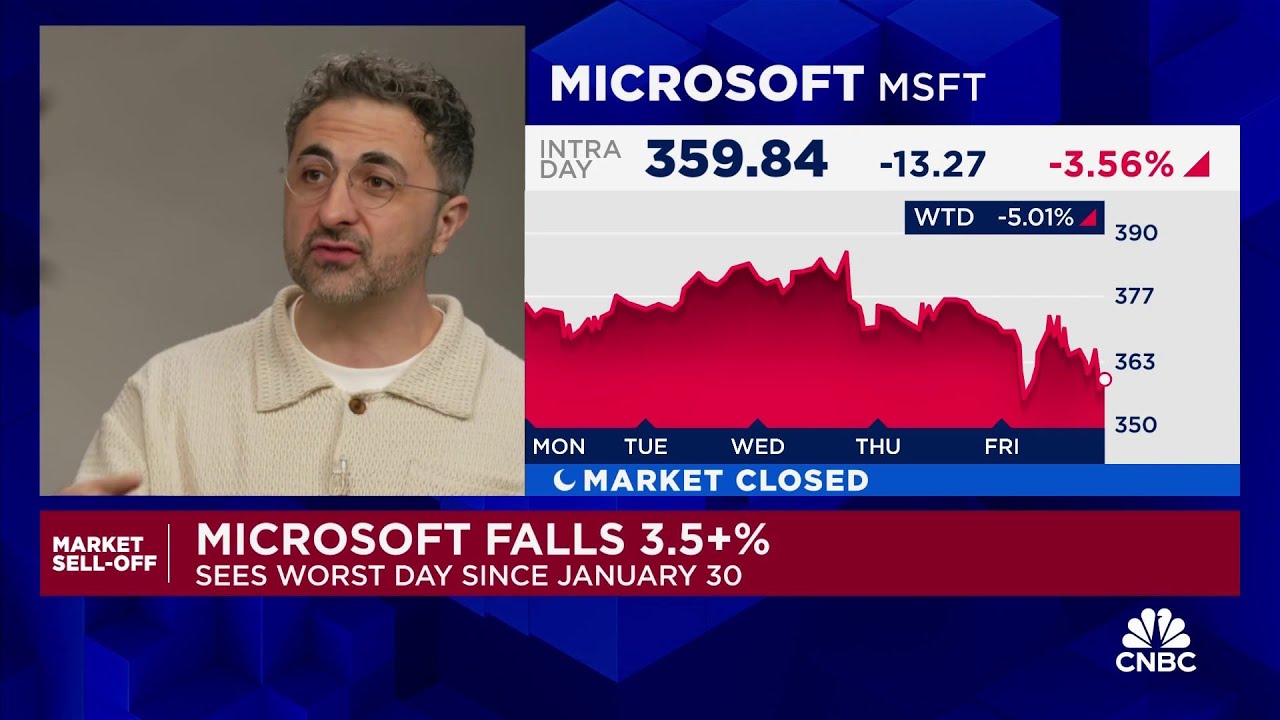During Microsoft’s 50th anniversary celebration, CEO Mustafa Suleyman announced the launch of new Copilot tools that enhance user interaction by performing tasks and personalizing experiences, marking a significant shift in AI integration. He expressed confidence in Microsoft’s leadership in the AI space, highlighting immediate access to these features and the company’s ongoing investments in infrastructure amidst industry changes.
In a recent announcement during Microsoft’s 50th anniversary celebration, CEO Mustafa Suleyman discussed the launch of new Copilot tools, which are designed to enhance user interaction with technology. These tools include a feature called “actions,” which allows the Copilot to perform tasks on the web, such as booking reservations. Additionally, a more personalized version of Copilot was introduced, capable of remembering user preferences and past interactions. Suleyman emphasized that these advancements mark the beginning of a significant transformation in how computers will be used, making them more personalized and capable of performing tasks on behalf of users.
Suleyman highlighted the integration of Copilot into Windows, where it can assist users by identifying areas on the screen that require attention, such as fixing bugs or adjusting settings. He described this integration as “magical,” suggesting that it represents a new era in computing where technology becomes more intuitive and responsive to individual needs. This shift is seen as a fundamental change in the relationship between users and their devices, moving towards a more collaborative interaction.
When asked about competition, particularly in light of similar announcements from Apple regarding their Siri technology, Suleyman expressed confidence in Microsoft’s offerings. He noted that users can access the new Copilot features immediately through the app store, contrasting this with Apple’s delays in delivering their version. Suleyman’s comments suggest that Microsoft is positioning itself as a leader in the AI space, ready to deliver functional tools to consumers without the wait.
The conversation also touched on Microsoft’s infrastructure investments, which have been under scrutiny due to recent reports of potential delays or cancellations of contracts. Suleyman acknowledged the need for careful pacing in their investments, particularly as the industry shifts from traditional CPUs to AI accelerators. He indicated that Microsoft is making substantial investments in capital infrastructure, which he believes will continue to grow as AI models become increasingly valuable and integrated into everyday life.
Lastly, Suleyman addressed the impact of recent tariffs announced by President Trump, which could affect the costs of materials needed for building data centers. While he noted that the company is still assessing the situation, he remained optimistic about the future trajectory of Microsoft’s investments in AI and infrastructure. Overall, the discussion underscored Microsoft’s commitment to leading in AI integration while navigating the challenges posed by market fluctuations and regulatory changes.
